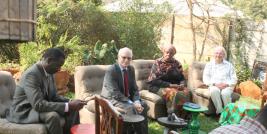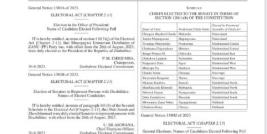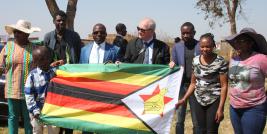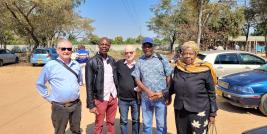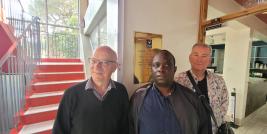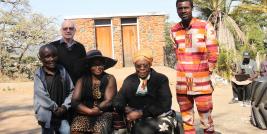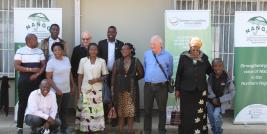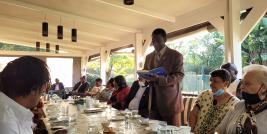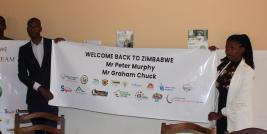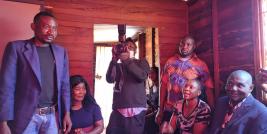The action by the police - backed up by the court - to ban the MDC Alliance protests in Harare on August 16, and in other cities in the following days, combined with the police violence in Harare, has kept the country deadlocked on how to go forward. The deadly violence of August 1 2018 and January 14 2019 poisoned the possibility of a normal democratic process this time. The Mnangagwa government has shrunk the political space it provided in the period from the removal of Mugabe in November 2017 through to the election of July 31 2018. And the MDC Alliance has dug itself into a deep hole by denying its loss of that election and continuously demanding that an elected government abandon its mandate. From afar, the suspending of the democratic right to protest on August 16 is a significant setback to any chance of recovery for the Zimbabwean people. It would have reinforced the international perception that the main players in Zimbabwe are equally undemocratic.
A small ray of hope emerged two days later with the visit to Harare and Midlands by the President of the Commonwealth Lawyers Association, Brian Speers, at the invitation of the National Peace Trust of Zimbabwe. Speers hails from Northern Ireland and has a lot of experience in the processes of turning an intractable violent stalemate into a positive pathway to democratic, peaceful development. The Commonwealth is potentially a champion for Zimbabwe to move forward in a credible way in the international community.
Further legal action against alleged corrupt regime figures in recent weeks will also assist this process. On the other hand, continued legal attacks on opposition political activists, like Tabitha Khumalo, will undermine this process.
Zimbabwe Information Centre Inc
August 22, 2019

